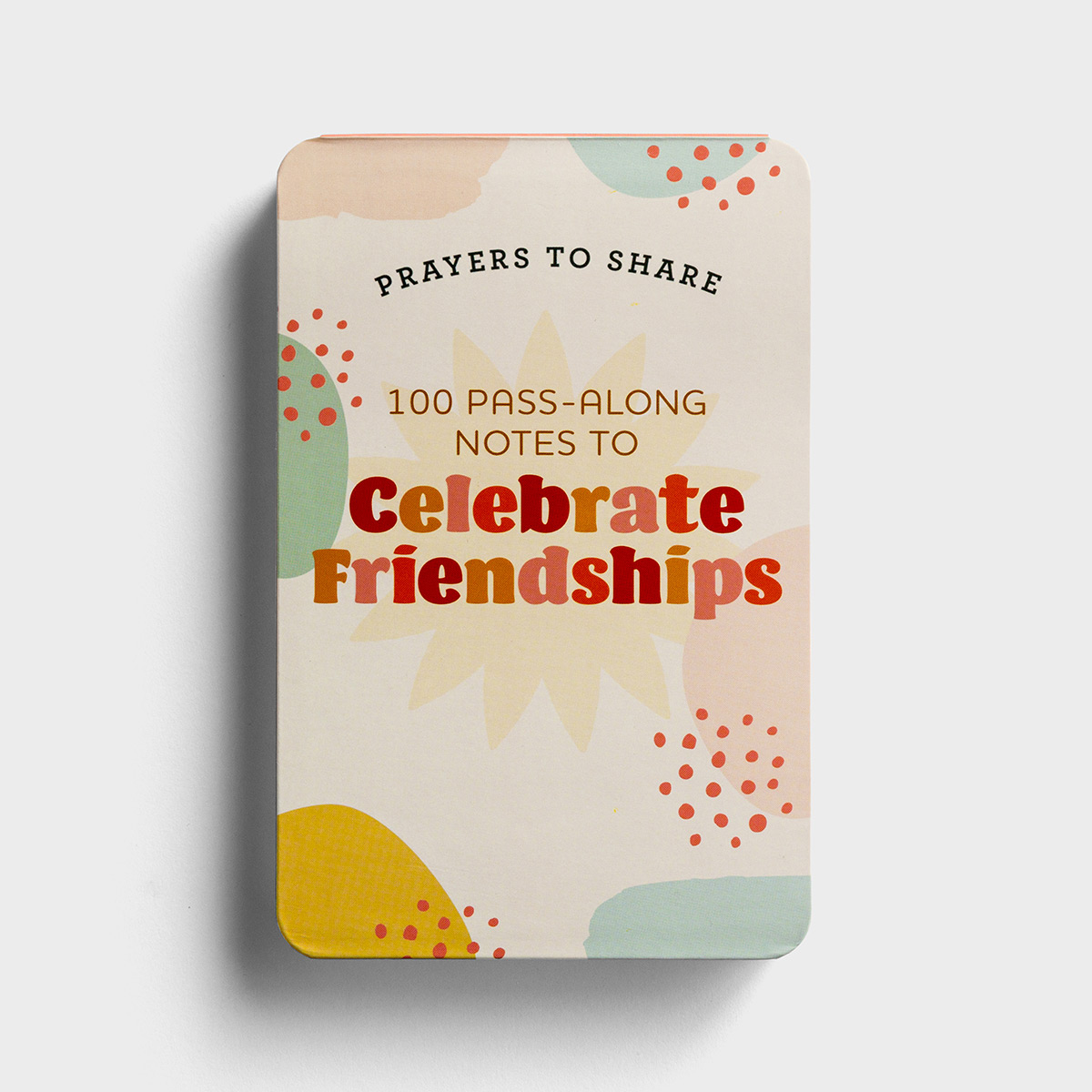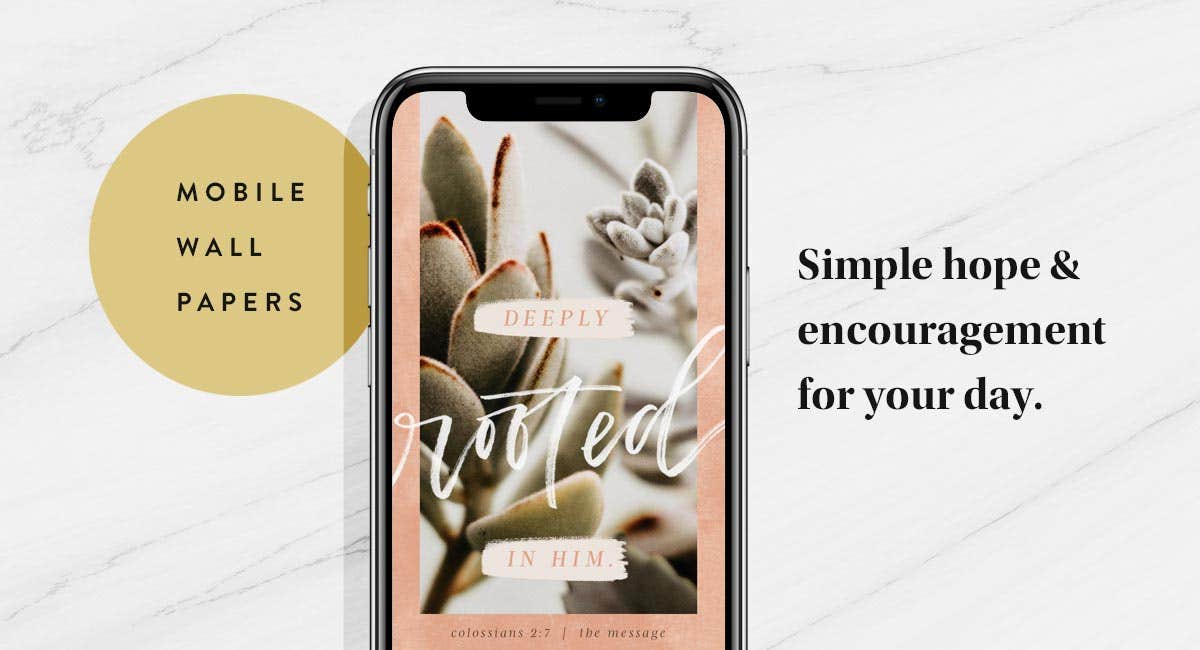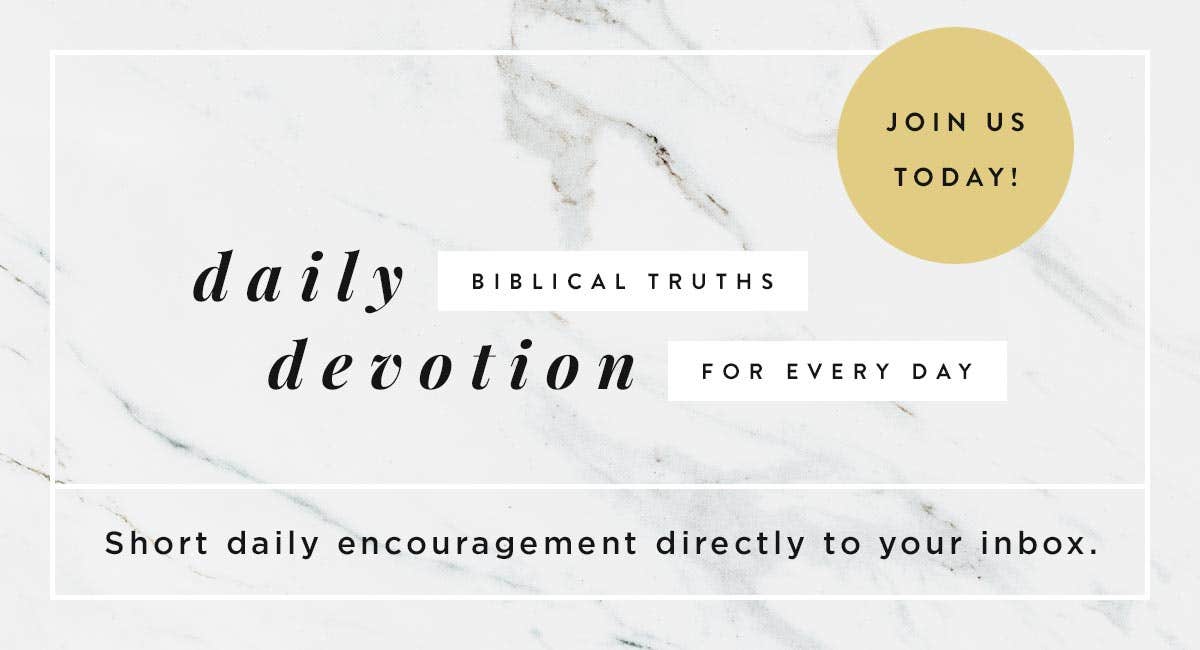3 Questions to Ask Before Offering Advice

Her Facebook post was meant to be humorous, not a solicitation for advice. Instead, it was meant to be a comedic head-nod to all the new-year weight-watchers who were already weary of salad — which was just about everyone.
Thus, she posted a hilarious quip from her recent class on weight and healthy living, a way to diffuse her very real and ongoing battle against weight and help fellow strugglers to find a little laughter along the way.
I smiled when I saw it. She’s one of my funniest friends, always finding the quirky moments in everyday life. I love the way she tells the truth about her weight journey, how she faces the rollercoaster of it with raw honesty and characteristic humor. I’ve watched her fight her battle over many years, and I know from our close friendship how difficult it truly is, how it has defined her life in many ways. And although she longs for it to be easier, for the weight to fall off and the fight to end, it continues.
She anticipated soliciting a few laughs. What she didn’t anticipate, however, was the rapid fire of pointed advice:
Have you tried ______?
How about ______?
You should buy/use/do THIS.
As I read the responses, I welled up with frustration and anger on her behalf. I know they were trying to help. I know they meant well and truly believed they could make a difference in her battle.
Even so, it didn’t help.
And it didn’t make a difference — at least not a positive one. Instead, all that advice only made her feel less understood and more alone.
She didn’t need her friends to fix her. She needed her friends to be with her.
But being with someone in their struggle isn’t easy. It requires us to step into their suffering, to feel something of their pain, to empathize and allow the battle to impact us in some small measure. That’s why we resort to fixing. Fixing keeps us from feeling, and fixing makes us believe, however falsely, that we’re beyond the touch of that particular struggle.
I’ve experienced more than my share of well-meaning advice-givers — online and in person — trying to cure me. Nearly every time I post a picture of a Reese’s Peanut Butter Cup, some good-hearted soul sends me a long message urging me to please, please, please stop eating sugar or I am going to cause my cancer to come back. From their perspective, they believe they’re saving my life. Thus, their urgency and boldness.
But behind their advice lies a sinister implication: Your cancer is your fault. If you would just do what I do, you wouldn’t be in this mess.
Cancer and obesity aren’t the only ills at which we throw our advice. We point and shoot at parents who have rebellious children and husbands with unhappy wives. We sling our “help” at pastors who aren’t thriving and millennials who aren’t working.
But often what hurting people need isn’t a prescription but our presence.
For the record, I still mess this up quite often. I still spout off my “lessons” and “insights” to the poor soul who paused too long in our conversation. But I’m learning. I’m learning to slow down, to speak less, and listen more. Here are three questions I try to wrestle through before offering anyone a “cure”:
- Have I been asked for my advice? If not, don’t offer it. Period.
- What’s driving my need to speak? Her need or mine? This one question slows down any impulsive advice-giving habit. It requires thoughtful introspection and ruthless self-awareness. And I’d bet my Reese’s that my need often drives my words far more than anyone else’s.
- Have I earned the right? In other words, am I an inner-circle friend? Think of it this way: If she were hospitalized, do we have the kind of intimate relationship where I could help her to the bathroom? If not, why would I presume to speak into this vulnerability?
Here’s the short of it, friends. You and I, we don’t need any more advice or resources or dogmatic directives about how we should live and work and relate and be. One click of the browser or one flip of the TV will pull up endless information about all the ways we should do a better job of living our own lives.
Nope, we don’t need any more advice.
What we DO need, what we are downright desperate for, is real people to hold space with us as we are.
Those who enter in and stick around. Those who don’t require that we cure all our flaws before they hang out with us. People who not only tolerate unresolved, imperfect, in-progress people but actually want to do real, hard, beautiful life with them.
The irony? When you and I stop trying to fix one another and instead spend our best energy loving and enjoying and cherishing one another, some of the flaws and rough edges soften and smooth.
As it turns out, what is most wounded within isn’t a food problem or cancer problem; it’s a longing for love.
Looking for more inspiration? Check out our Devotional Library and be sure to sign up for our e-newsletter to receive free articles, updates from our Ecard Studio as well as exclusive deals.




